How class snobbery put a tradie on trial for rape
Phoenix Cooper was the victim of toxic gender politics tinged with class snobbery when he was forced to stand trial for a rape that never happened.
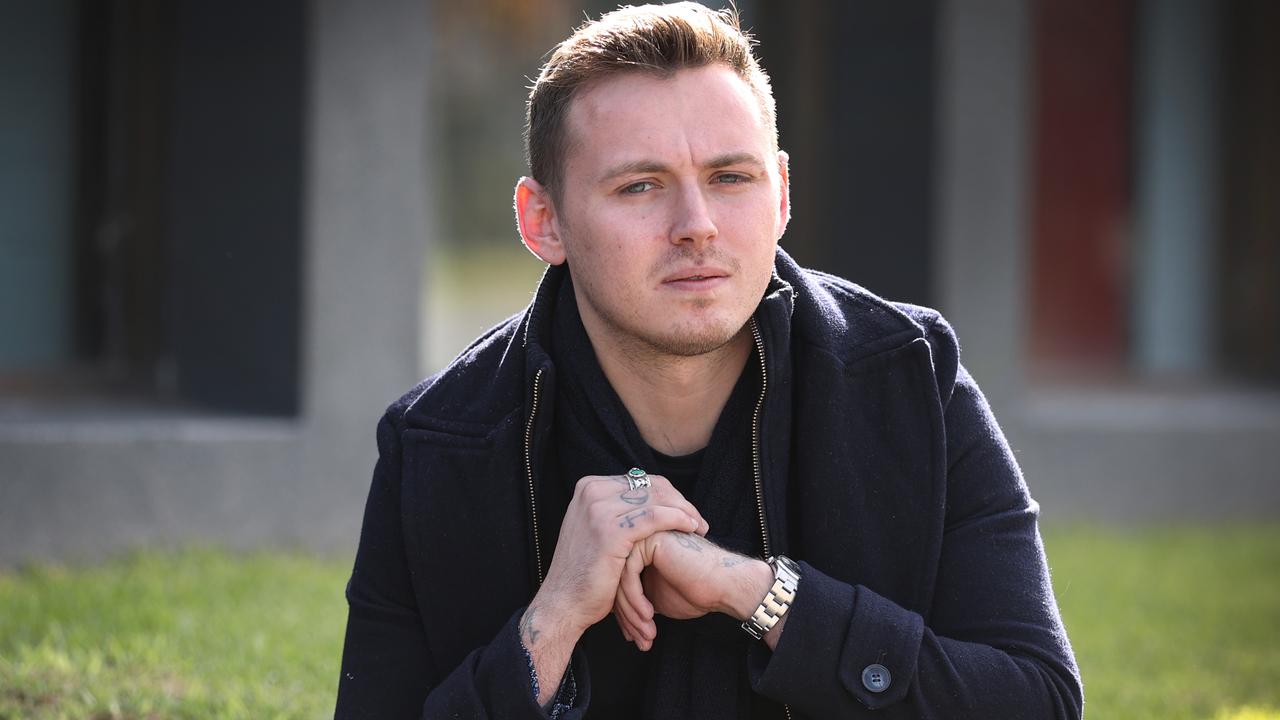
This is the story of what happened to two adults guilty of nothing but a tipsy “hook-up” after Friday night drinks at a hip Elsternwick bar.
One is Phoenix Cooper, a young man whose one-night stand led to a two-year ordeal and a three-week trial for a “rape” that didn’t happen.
The other is a budding lawyer, a young woman who can’t be named even though a jury found she wasn’t a victim of a sexual assault.
Let’s call her “Barbara from Brighton”, an alias coined by a lawyer.
What happened when Barbara met Phoenix raises the question of whether toxic gender politics tinged with class snobbery can poison the ancient right of equality before the law and the presumption of innocence.
On the night, “Barbara” had no problems with the free-spending tradie she’d picked up at the bar — that is, until hours later, when friends convinced her she must have been drugged by “this random”.
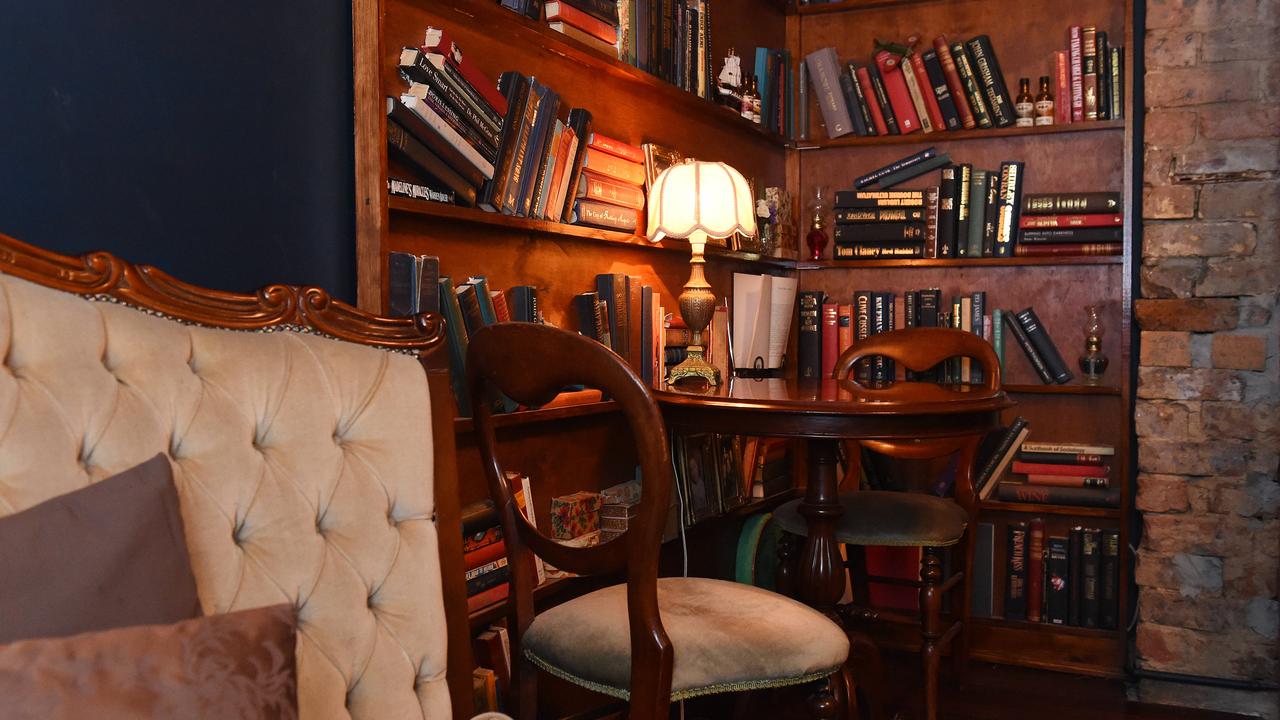
This despite the fact that while in bed with Cooper, she had gone to the bathroom, then wandered by mistake into his flatmate’s bedroom and got into bed. This might suggest she was under no duress.
The flatmate, a born-again Christian, promptly escorted her to Cooper’s room. He might have been embarrassed by the visitor’s mistake, but he wasn’t concerned about her welfare or Cooper’s behaviour.
Oddly, the flatmate was not asked to make a statement until late the following year. Neither was the Uber driver who had driven the amorous pair from the bar to Cooper’s St Kilda flat.
Nor the bar staff who had poured them all drinks earlier. Worst of all, the Uber driver who took Barbara and her friends from Cooper’s address was never interviewed at all.
Then there was a nurse who had checked “Barbara” for (non-existent) injuries within an hour of the encounter and rated her “15 out of 15” on the Glasgow Coma Scale.
Hungover, maybe, but no sign of impairment, such as being drugged unconscious.
Despite all that, someone eventually contrived a case to prosecute Cooper.
To be fair, Cooper sees what happened as, initially, an honest misunderstanding by the young woman’s friends. That seems astonishingly generous for a young man who had to borrow $200,000 for lawyers to fight charges he insists should never have been laid.
The worst two years of Cooper’s life began on October 18, 2019, the Friday night he went to the Antique Bar in Elsternwick.
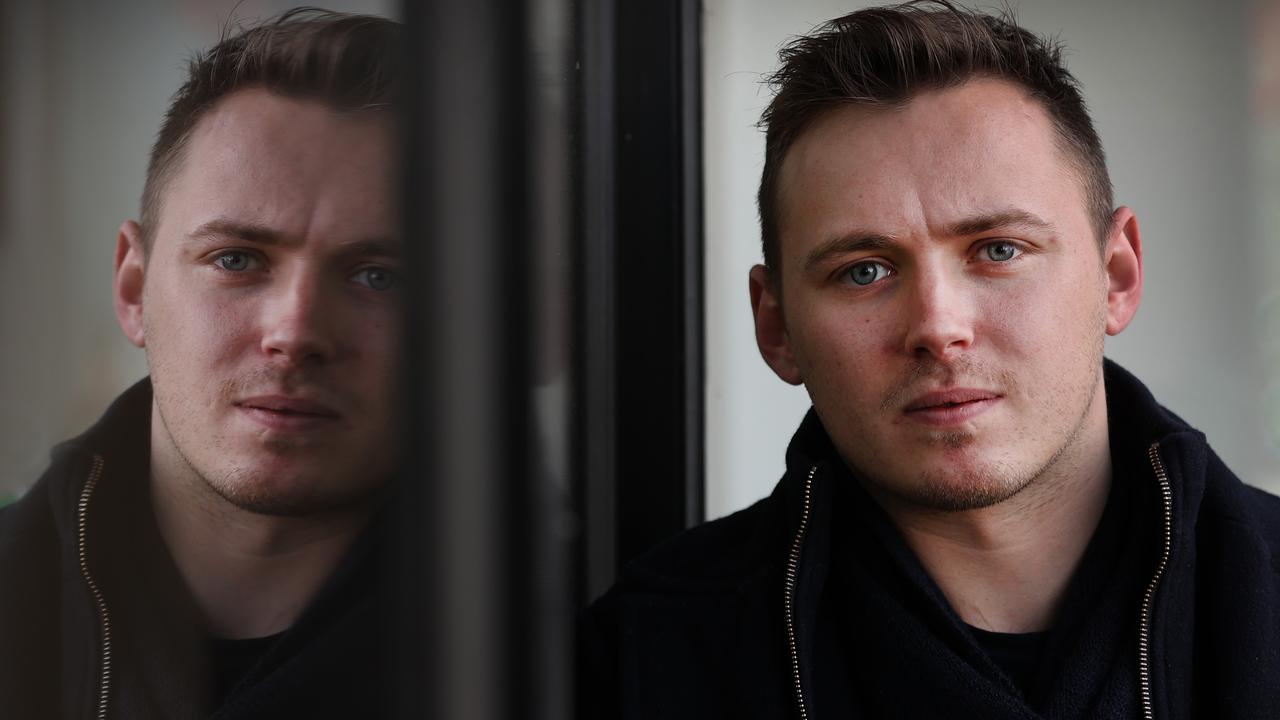
At 23, Cooper had not long started his own business making and fitting doors and windows. His New York accent and edgy tattoos stood out among the private school crowd of young professionals at the chic bar.
But looks are deceptive. Polite, talkative and well-travelled, Cooper struck up a conversation with three aspiring lawyers fast-tracked towards good jobs in high places. One had been an elite pupil at a nearby private school on the way to a prize position in the legal department of the Department of Premier and Cabinet. Her looks match her CV, a glittering checklist of career-building ticks and connections.
The second person was another academic star, an out and proud Brighton Grammarian with the healthy self-respect of life as best-in-show, from classroom to law school to big city firm.
The two friends, so assured and attractive, looked as if they could audition for roles as White House interns in The West Wing. It would be easy for their friend to feel outshone by such relentlessly high achievers.
That might even be why she made a play for the tradie with the New York accent, despite (or because of) her friends’ unspoken disapproval.
Whatever the reason, “Barbara” got Cooper to have a drink with her alone at the front of the bar, where they shared a cigar and a passionate embrace. When he mentioned rejoining her friends inside, she seemed keener on going somewhere more private.
She left her handbag and keys inside on the table with her friends and jumped into an Uber with Cooper for the short ride to his St Kilda apartment.
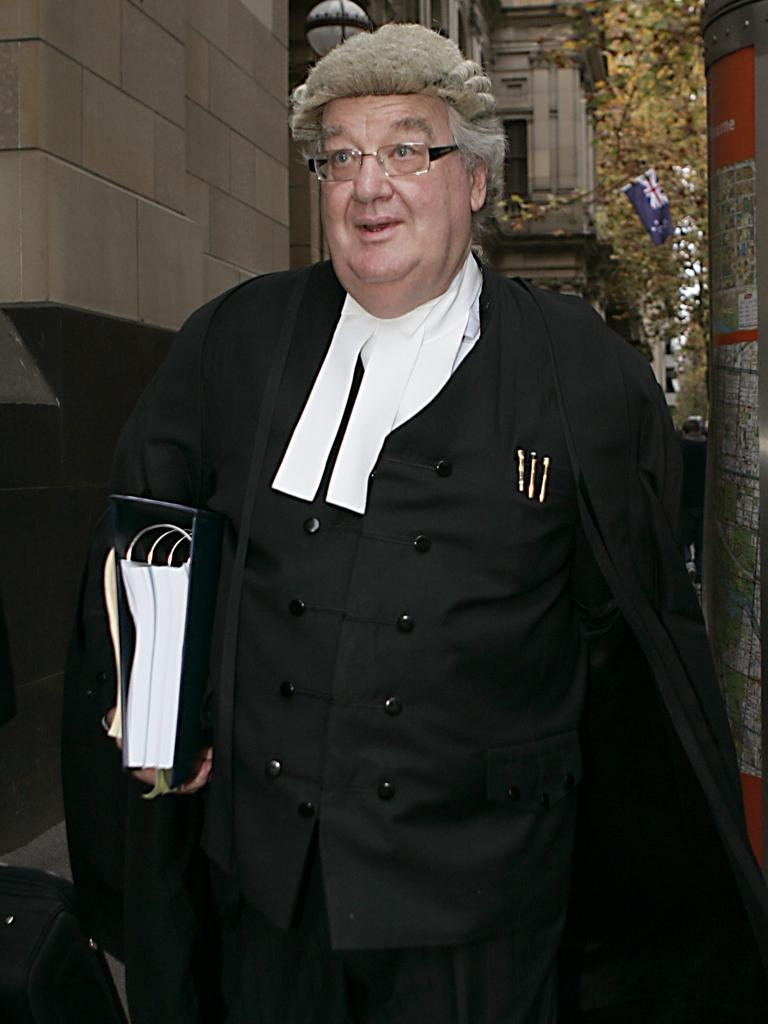
What happened next is covered by Cooper’s later clear testimony of a consensual sexual encounter, a version of events never contradicted by “Barbara” or anyone else.
Meanwhile, however, the young lawyers were alarmed that their friend had bolted with the tradie. They thought that her leaving her handbag meant she had gone suddenly but not willingly. Her phone dialled out, so they used Cooper’s business number, which he had given them earlier. It directed the call to Cooper’s mobile.
They asked Cooper where “Barbara” was. Cooper said she was with him. When they demanded his address, he gave it. For the good reason, a jury would later decide, he had nothing to hide.
The friends hurried to St Kilda and woke every apartment’s residents by pressing every doorbell. Cooper appeared 10 minutes later to let them in.
“Barbara” had her dress on back to front and was barefoot. Hardly surprising, as the doorbell had interrupted them in the act.
The male friend later claimed his friend had mouthed “help me” in Cooper’s flat, a place he snootily described as “gross”. It seems the jury did not believe him.
The “rescuers” might have taken “Barbara” home to Brighton and left it at that but they were convinced she had been drugged. So convinced were they, they took their friend in an Uber to see a doctor. They also took notes to show the police, although their subsequent court evidence tended to contradict their notes.
Cooper defends the pair because at that stage they were genuinely concerned for their friend. What aggrieves him is the police reaction and what happened later.
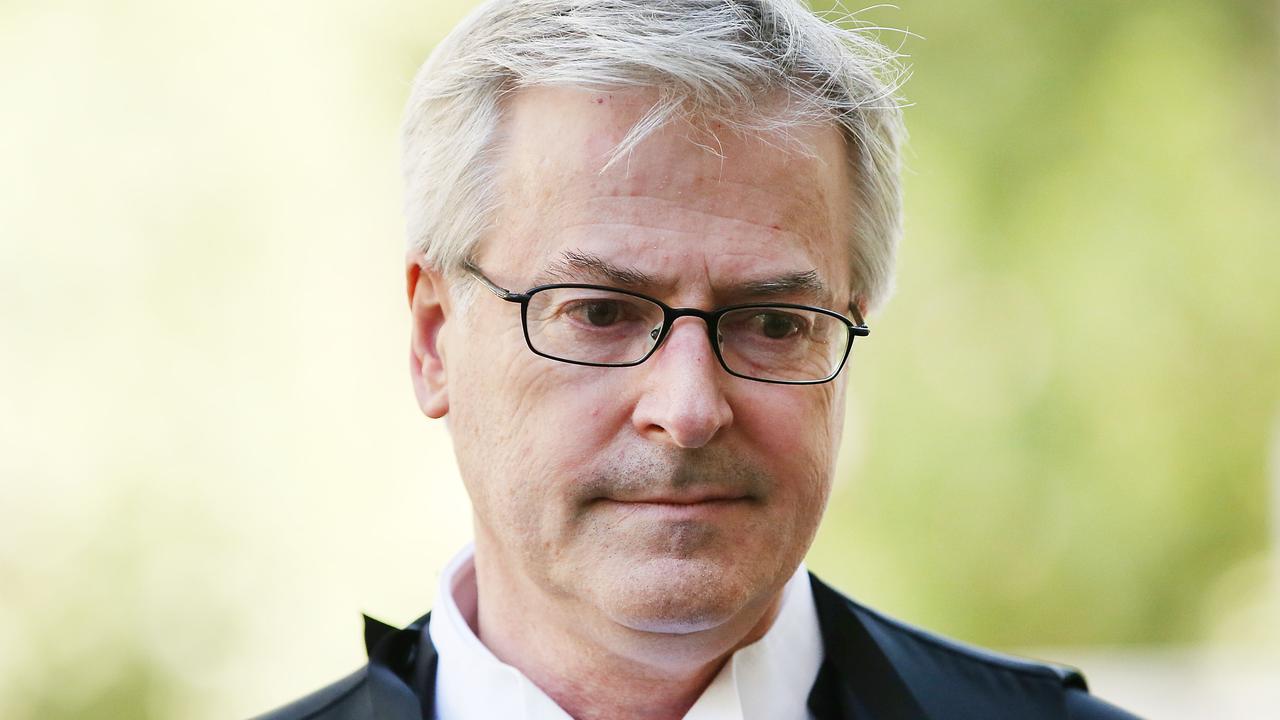
The accused might have expected a detective to weigh up the obvious inconsistencies between the facts and the young lawyers’ overheated suspicions. There was no evidence Cooper had done anything wrong — and there were neutral witnesses to vouch he hadn’t.
But the assumption that their friend was drugged got a life of its own, perhaps because they happened to strike a keen detective at Bayside sexual offences unit.
The officer accepted the assertions as fact — as did “Barbara”, who by now embraced their claim that she must have been the victim of an offence.
But what offence? The fact “Barbara” said she couldn’t remember much of what had happened didn’t deter the detective. It just made her more confident of the “spiked drink” scenario.
If Cooper blames anyone for his ordeal, he blames the police for (he says) deciding he had sexually assaulted the woman, based on her friends’ shrill claims. Nothing Cooper said could shake their belief.
When detective Cheree Pedler interviewed Cooper, he made a complete, detailed and frank statement, later praised by judge John Champion for its consistency. But she tried four times to get him to “confess” to spiking the woman’s drink, warning that when the toxicology results came back, he would be charged.
Cooper knew the toxicology report would clear him. He thought that when the report arrived, the detective and the Brighton three would backpedal, maybe even apologise.
But they didn’t. When the report bombed, Detective Pedler and the budding lawyers didn’t simply admit they had got it wrong. They doubled down. And no one further up the legal ladder cautioned them.
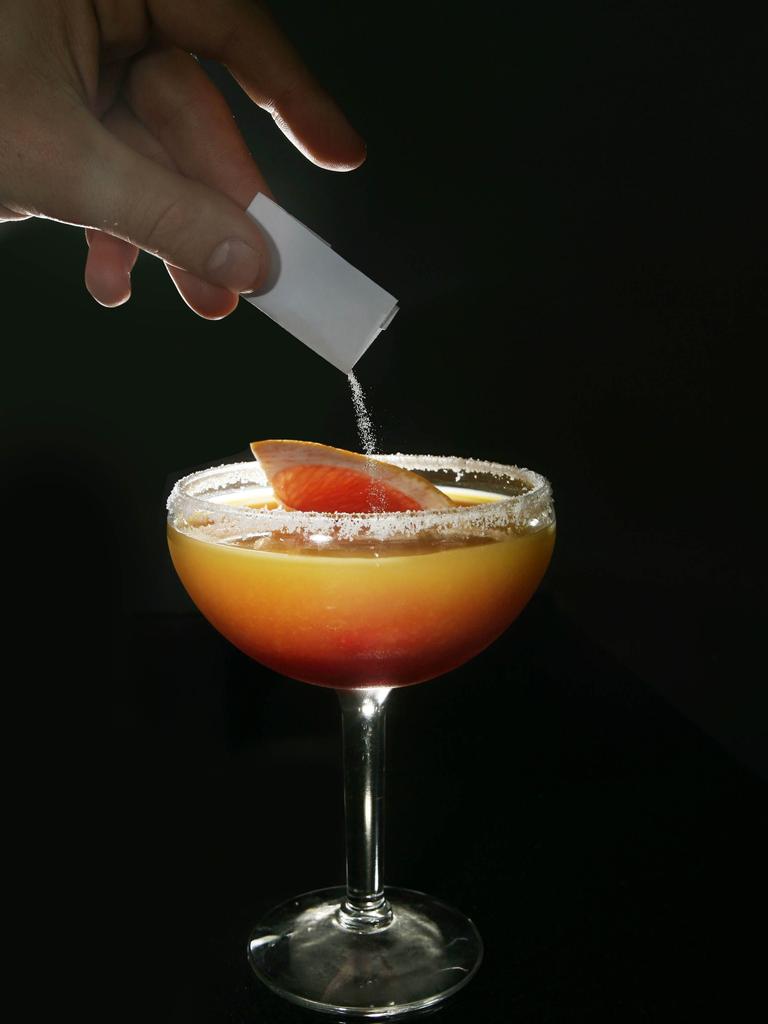
“Barbara”, totally swayed by peers and police, by now saw herself as a victim. Not for her the small embarrassment of simply admitting a one-night stand with someone who had drunk as much as she had. She wanted blood.
After the toxicology report destroyed the original spiked drink accusation, “Barbara” called police repeatedly, urging action.
In one message, she insisted “I want and need him charged.”
Demonising Cooper had become vital for her. Despite the toxicology debacle, the Brighton crew still insisted they were right. It was only long after the toxicology report failed to incriminate Cooper that police started to interview witnesses who should have been interviewed earlier.
Eight months after the Friday night from hell, Detective Pedler charged Phoenix Cooper with rape.
The shock of it forced Cooper to quit trusting that the system would correct itself. He hired lawyers he couldn’t afford: legendary defence barrister Philip Dunn and gun solicitor Zyg Zayler.
Dunn would later carefully describe it as “a most unusual case”.
Firstly: it proceeded despite lack of compelling evidence.
Secondly: given the Brighton trio knew people who worked in the County Court, it was transferred to the Supreme Court. That switch was necessary — but it underlines the professional and social sphere of the complainant and her witnesses.
Thirdly: when the Cooper case was first scheduled, Victoria’s most senior prosecutor Mark Gibson SC was assigned to prosecute it. Gibson prosecuted the George Pell case and appears in huge trials involving notorious organised crime figures.
The fact that such an eminent “silk” was handed this relatively anonymous case raised eyebrows.
As it turned out, at the last minute Gibson had to step aside to handle the high-profile case of heavyweight gangster George Marrogi. That’s when heavyweight senior prosecutor Brett Sonnet came off the bench.
Sonnet, renowned as fair and humane in an adversarial system that is often neither, played his role to the letter.
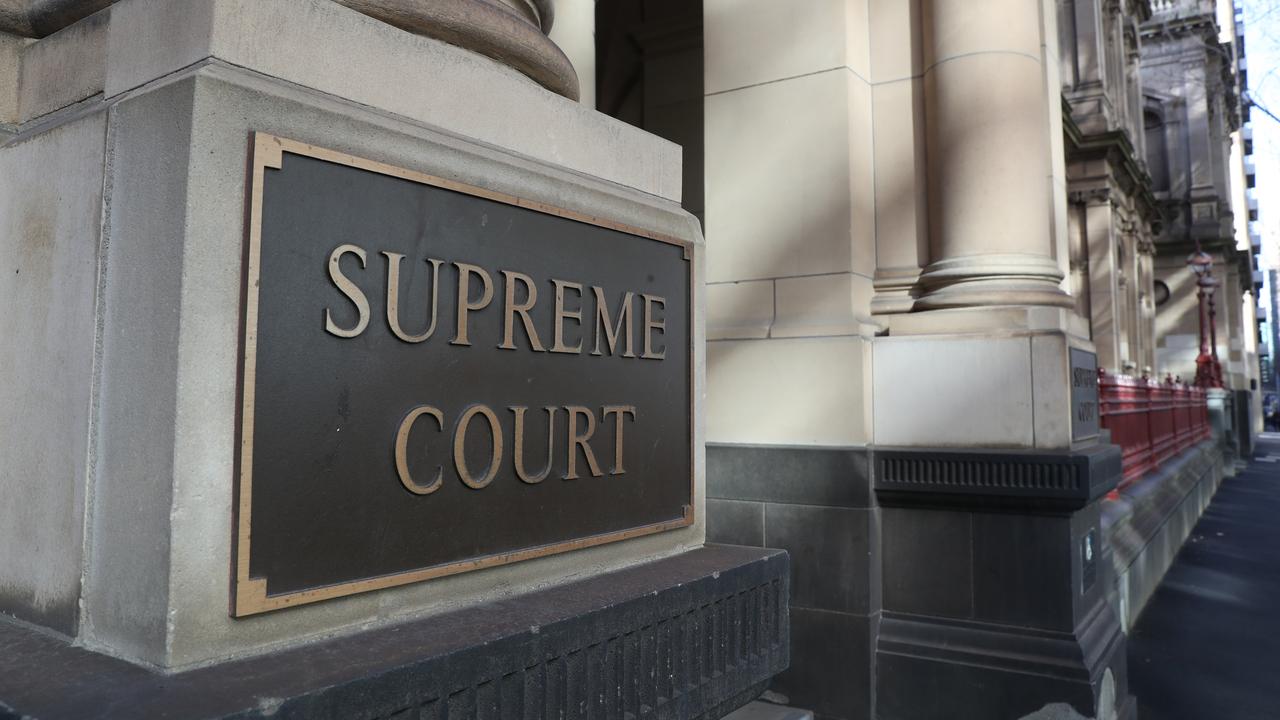
He politely and pleasantly refuses to discuss the merits of Cooper being prosecuted.
Cooper insists that after the jury acquitted him on May 6, setting him free to face his money worries, Brett Sonnet shook his hand and said words to the effect he was “sorry” to have put him through the trial.
Sonnet always shakes hands with every acquitted person he prosecutes. But he specifically denies using the words “Sorry to put you through that” to Cooper.
Defence barrister Dunn is also careful about saying anything he doesn’t want to see in print. But he drops a few clues to his views on Cooper’s ordeal.
“He is not your usual villain,” muses the man who has represented more murderers and rapists than he can count.
“He has the appearance of a rough suburban tradie but he is a sensitive, respectful and intelligent young man. He declined legal assistance when the police interviewed him. He could not have been more cooperative with the police. He volunteered information that wasn’t followed up.”
Dunn says he isn’t sure why the prosecution was authorised and declines to guess.
But, he adds, he suspects that if the complainant was “Darlene from Doreen and not Barbara from Brighton” then the trial might not have proceeded.
Barbara from Brighton no doubt has regrets, whereas the man she picked up has a $200,000 debt.
There are no winners, but the rough trade gets the rough end of the deal.
More Coverage
Originally published as How class snobbery put a tradie on trial for rape







